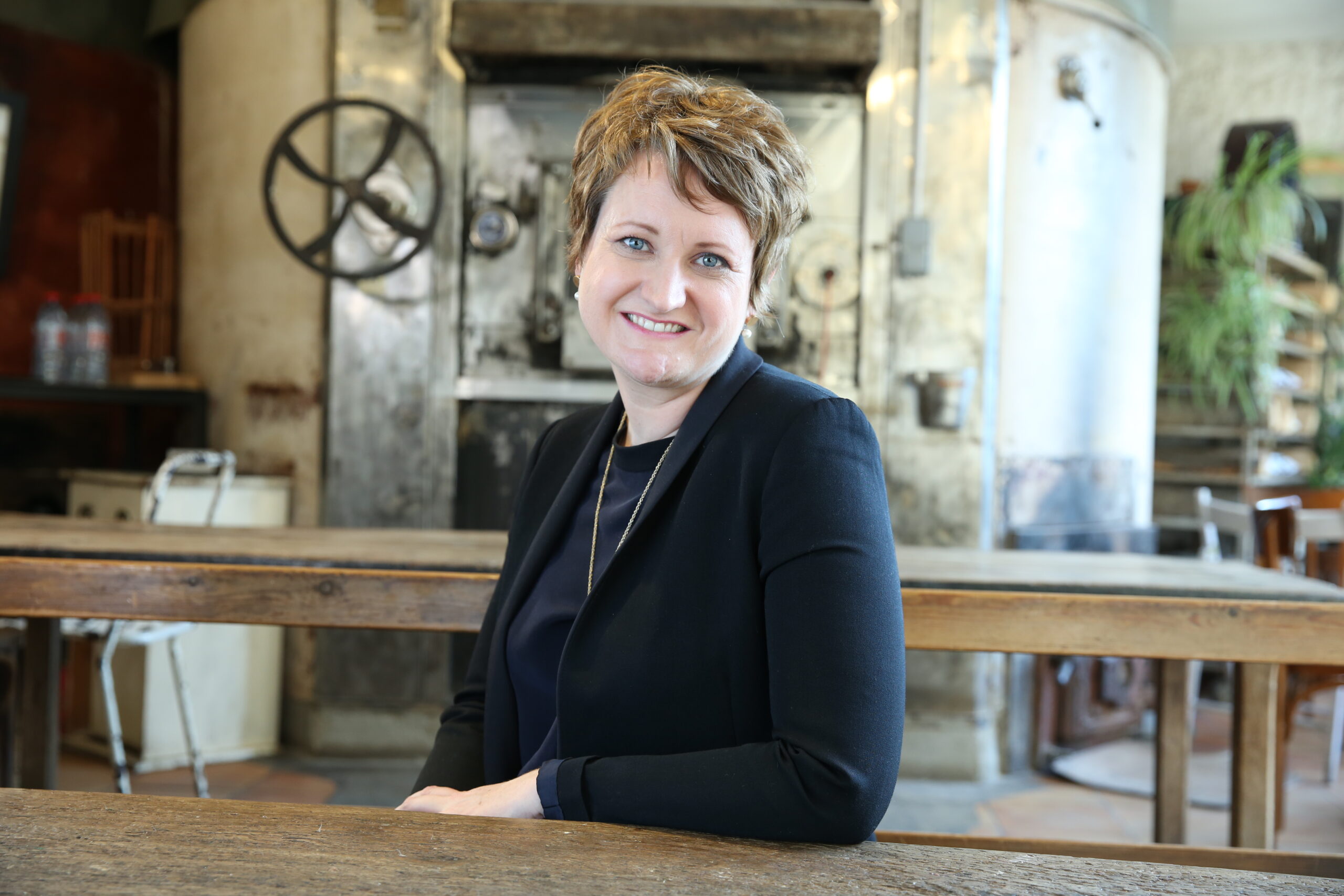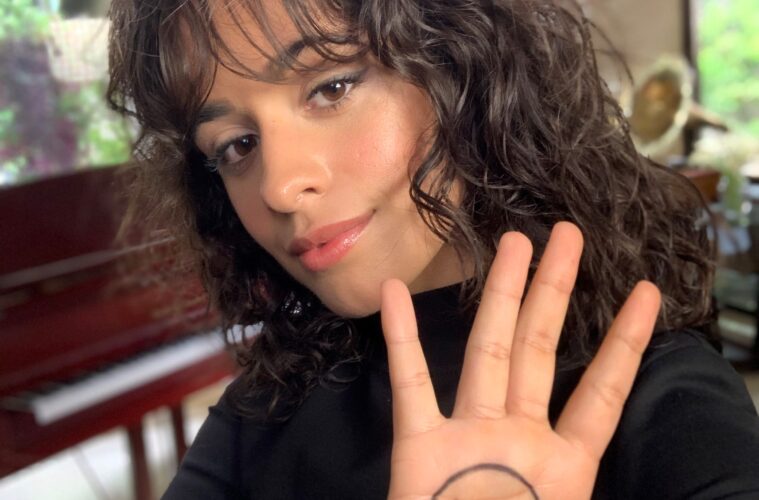Emily May, you are the co-founder and executive director of Hollaback, can you briefly describe the premise of Hollaback and the partnership with L’Oréal Paris?

Hollaback! is a global, people-powered nonprofit dedicated to ending harassment — in all its forms. L’Oréal Paris launched the Stand Up Against Street Harassment program in partnership with Hollaback! in 2020 across the globe.
Together, we are on a mission to train 1 million men and women by the end of 2021, so that we can ultimately shift the culture that allows street harassment to be so prevalent.
What inspired you to get involved with the “Stand Up Against Street Harassment” program was there a particular incident or story that motivated you to get involved?
Hollaback! started in 2005 as a conversation between seven youth. As the women told story after story of harassment, the men became increasingly concerned. Collectively, they resolved to change that.
Around the same time, a woman named Thao Nguyen bravely stood up to her harasser – an older, upper-middle-class raw-foods restaurant owner – who terrified her by masturbating across from her on the subway. She took his photo with her camera, and when the police ignored it, she posted it on flikr. The picture eventually made it to the front page of the New York Daily News, where it incited a city-wide conversation about street harassment. The seven youth were inspired by Thao’s story and decided to apply her model to all forms of harassment. Today, Hollaback! has collected over 15,000 stories of harassment.
When L’Oréal Paris reached out with this opportunity — it was a dream come true. Finally, we had an opportunity to bring global attention to the long-ignored issue of street harassment.
L’Oréal Paris stands for “empowerment in every walk of a woman’s life, by removing obstacles preventing women from fulfilling their ambitions, we are committed to elevating their sense of self-worth” – what are the top 3 ways that ‘Stand Up Against Street Harassment” help women feel empowered and safe?
Stand Up Against Street Harassment shows women that they are not alone, that harassment is not their fault, and that there are tangible things they can do to safely intervene when they witness harassment.
What is the worst stereotype/comment you have heard about a woman relating to abuse/harassment?
There is a myth that somehow women are “asking for it,” by what they wear, or where they go. We also see a lot of gaslighting — in the form of “I’m sure it was just a compliment” or “don’t you think you’re being a little too sensitive? He didn’t mean anything by it.” Comments like that can make you feel crazy (and I would argue they are designed to do just that).
Stand Up / L’Oréal Paris is attempting to have 1 million bystanders trained in the 5 Ds (Direct, Distract, Delegate, Document, and Delay). Can you walk us through a situation of how you would use the 5 Ds to help someone?
When you see harassment happening, first you want to assess your safety and identify any reasons that you might not want to intervene. It could be a fear of making things worse, or not having enough context, or a concern that the harassment will turn on you. Whatever that concern, hold it as true. It is your body and your mind’s way of taking care of you. And then see, will one of the 5D’s work for me?
Here’s are Hollaback!’s five 5D’s:
- “Distract:” Creating a distraction to de-escalate the situation
- “Delegate:” Finding someone else to help
- “Document:” Creating documentation of the incident and then giving it to the person who was harassed
- “Delay:” Checking in on the person who experienced harassment
- “Direct:” Setting a boundary with the person doing the harassing, and then turning your attention to the person being harassed
What is the most rewarding aspect of working with Stand Up and Hollaback?
At the end of the training, we ask people if they saw harassment happening right now if they feel like there is at least one thing they could do — and 98% of people say yes. It’s an amazing and beautiful thing and the best part of my day.
Abuse and harassment have been silenced for long enough. Many people that are abused are usually too scared to talk about it, why do you think it is so vital that we have these uncomfortable conversations and how would you try to help someone who is still too scared to ask for help?
The more people know that they’re not alone, the more likely they are to speak up (and speak out) against harassment. We have a tendency to think that harassment is our fault — and that if we just wore different clothes, or went out at a different time, that somehow we could avoid harassment. But we all know it’s not that easy. By sharing your story — either with a friend, family member or on ihollaback.org, you’re able to externalize what happened you to. Research shows that the simple act of anonymously sharing your story on ihollaback.org moved people away from thinking of their experience as a personal problem (requiring personal solutions) — and towards understanding their experience as a societal problem (requiring societal solution).
You said, “How many of us look the other way because we simply don’t know how to help,” what is the easiest way for someone to help someone else if they are scared of getting “too involved”?
Get trained! We’re offering free, one-hour training across Canada. There, you’ll learn how to implement strategies that are don’t compromise your safety. Thus far, 180,000 people have been trained with Stand Up.


